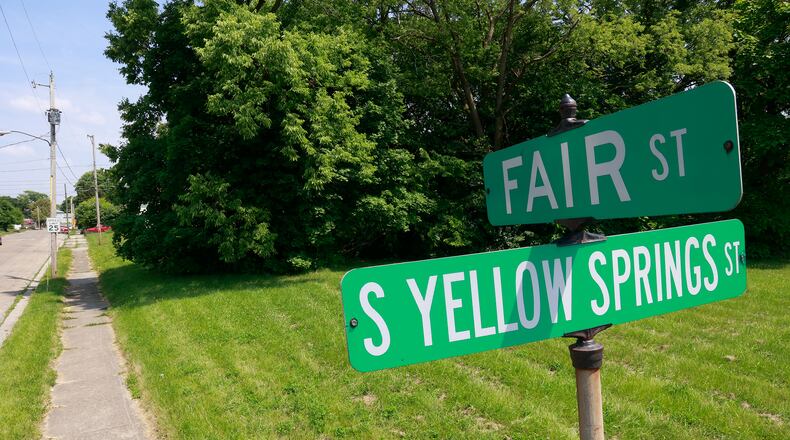Mulberry Springs would be similar to the existing Mulberry Terrace complex located on West Mulberry Street, which provides supportive services and permanent housing for those who were previously homeless.
Long-term residents in the neighborhood questioned commissioners about the location decision and impact on the existing neighborhood.
“We work hard to keep crime out of our neighborhood and protect our property values,” said Yvonne “SweetPea” Owens. “No one on the city commission would want this built in their neighborhood either.”
“When I hear ‘affordable housing’, and you can correct me if I’m wrong, I think low income,” Owens said.
Her husband, Clayton, echoed her concerns.
“Poor people, low-income people, need a place to live,” he said. “But when you do this, build a housing complex that is not only low income, but involves people of questionable behavior, you are affecting all the homeowners in the area and the value of their property.”
“This seems to be a purposeful act to place people of low income and maybe low character into a neighborhood with a history of red-lining,” Clayton Owens told commissioners.
Commissioner Krystal Phillips sought additional information and reassured Owens and other concerned members in the audience that the city’s efforts are to ensure affordable housing is available throughout the city.
“When we say affordable housing, it does not necessarily mean low-income housing. Its just something that a typical working class individual can afford. Maybe someone who may not have post-secondary education but is working everyday trying to make ends meet for their families,” Phillips said. “We are trying to make sure we have the entire continuum of housing for the city.”
Phillips continued: “I grew up in the city and I grew up in metropolitan housing, and I don’t think the city is in any way shape or form trying to repeat that model again… We are adding so much housing. We need a place for all Springfielders to grow.”
She asked those in attendance to have a “little bit of faith in the city” and provided her contact information for direct dialogue regarding their concerns.
As the measure came up for a vote during the regular commission meeting, Commissioner David Estrop moved to table action until additional communication could be facilitated between the city, developer and neighborhood residents.
“I think it’s important that we listen to people and we work toward solutions when at all possible,” Estrop said, recommending that action be deferred to the next commission session in two weeks. “I want to give time for that to happen.”
Commissioners unanimously voted in favor of the delay.
Assistant Mayor Rob Rue thanked those in attendance for voicing their concerns and said he understood them.
“I would be more concerned if it wasn’t a quality developer coming in and proposing this,” he said. “This company has proven they will do a quality job. Your concerns are real, but this does line up with two of my objectives as a commissioner — to make sure people have safe and affordable housing and that we also have a comprehensive housing plan for the community.”
A representative of the developer assured all that the developer will continue to manage the property operations on an ongoing basis to ensure quality standards and safety.
Commissioner Kevin O’Neill also addressed those in attendance, citing his long tenure and experience on the commission and efforts to ensure housing availability for all income levels.
“We have been developing these kinds of projects for over 50 years. They are all over Springfield, Ohio. They are not isolated in one area of Springfield,” he noted, naming multiple examples. “This is done by a private developer, it’s a tax credit project sponsored by the state. This is not his first project. He’s done several of these projects that are quite good.”
In response to one of the complexes mentioned by a speaker, O’Neill indicated the city has moved away from previous large multi-building developments that were common in the past.
“We have made it clear we never want another Ronez Manor apartment complex, and we’ve never built anything like it,” O’Neill said, referring to a grouping of apartments built in the 1970s in the northeastern sector of the city.
“It was too large and it did isolate poor people in one area. We’re not doing that here,” he said. “I think it’s Springfield’s responsibility to try and locate places that people can live in all areas of Springfield.”
